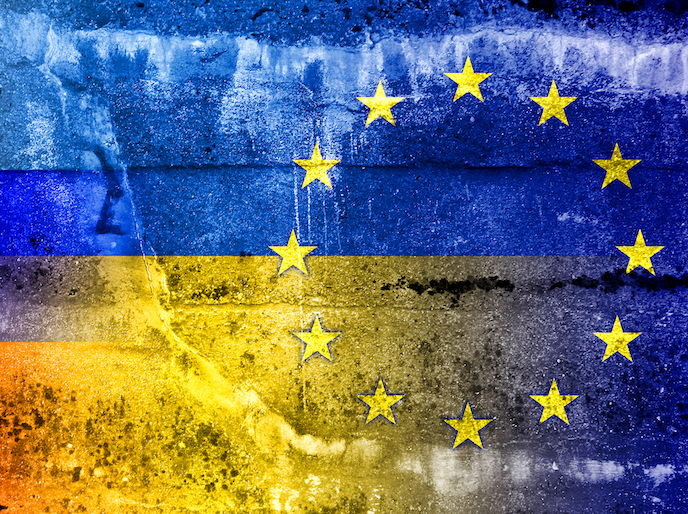A Ukrainian outlook on Western and Russian narratives
Such investigation is very important for both researchers and policy-makers. It can help in understanding the extent and limit of each camp’s ability to influence public opinion; it contributes to understanding how states actually exert influence by using the media; and it generates insights that might help various actors in engaging and communicating more effectively with Ukraine and its citizens. “Right now there is much talk about the ‘power’ of propaganda or disinformation, but we must look carefully to find any effects and generate valuable insights. Only then can we effectively inform and guide policy intervention,” says Ben O'Loughlin, Professor of International Relations at the University of London and coordinator of the STRATNARRA project. The project specifically focused on the Odesa region, because of its economic and strategic importance and the very strong polarisation of views about Russia and the West held by people in the region. Prof. O'Loughlin and Dr Joanna Szostek from the University of Glasgow collaborated with an experienced Ukrainian research company (TNS-Ukraine), conducted in-depth qualitative research on a purposive sample of Odesa residents, and made use of existing survey datasets representative of the whole Ukrainian population. The research led to many important results. One of these indicates that Ukrainians tend to choose their favourite news sources based on convenience rather than journalistic quality. This suggests that greater support for media literacy education would be beneficial, and that accessibility and scheduling should receive more attention in projects aiming to increase the consumption of good-quality journalism. Another key finding was how very few participants supporting the Russian narrative are trapped in ‘echo chambers’. They tend to get news from both pro-Russia and pro-Kiev sources but don’t really trust either. Participants were also found to interpret conflicting narratives in the news through the lens of their own personal experiences and priorities and trusted acquaintances. “This suggests that narratives are credible when they resonate with the experiences and priorities of the receiving audience and shows how important it is to conduct research that enhances our understanding of the experiences and priorities of people in Ukraine,” Prof. O'Loughlin points out. Rather than assuming that these people are ‘brainwashed’ or ignorant, Dr. Szostek says it’s important to listen to them and find out why they feel alienated by narratives endorsed by the political or journalistic elite. Some participants, for instance, objected to the Ukrainian government’s negative rhetoric about Russia, because they viewed it as ‘blame-shifting’. These participants did not necessarily challenge the factual accuracy of the Ukrainian government’s narrative. Instead, they felt it was emphasising the wrong problems. “Parallels could perhaps be drawn to other situations – for example, Brexit supporters may not pay attention to economic warnings about Brexit because for them, economic growth is less important than issues such as sovereignty and stable communities,” Dr. Szostek explains. The research project generated a large amount of data, which Dr Szostek will continue to analyse and bring together for publication. She will then investigate whether civic and media literacy education can help to bridge divides and reduce tensions between supporters of different narratives in Ukraine, while Prof. O’Loughlin has already started working on a new Jean Monnet-funded project comparing EU/Russia narratives held by young elites in Ukraine, Estonia, Latvia, and Lithuania.
Keywords
STRATNARRA, Ukraine, Russia, influence, narratives, policy, investigation, disinformation, polarisation, Odesa region







